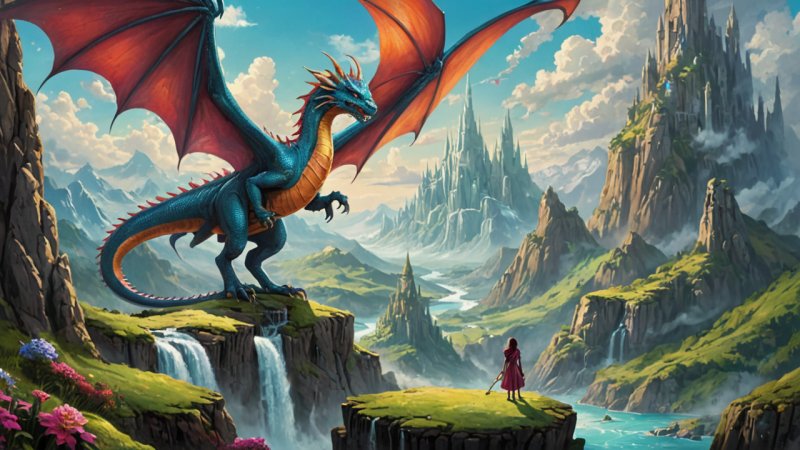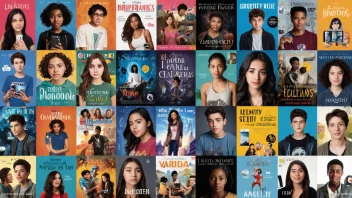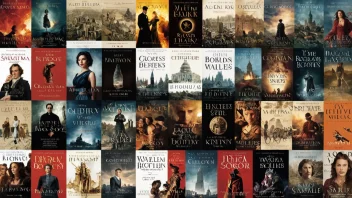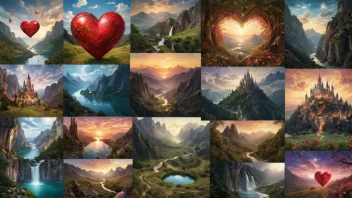Fantasy has been a driving force in modern pop culture, captivating audiences worldwide and influencing various forms of media. From literature to television and even gaming, the rich world-building and imaginative storytelling inherent in fantasy have created a cultural phenomenon that transcends generations. As we explore how fantasy impacts our everyday lives, we can see the profound effects it has on society, creativity, and even our understanding of reality. Here are some key areas where fantasy has left its mark.
1. Influence on Film and Television
Fantasy genres have dominated the box office and streaming platforms over the last few decades. Major franchises like The Lord of the Rings, Harry Potter, and Game of Thrones have not only garnered massive audiences but have also set new standards for cinematic storytelling. The intricate world-building, compelling characters, and epic narratives have attracted both casual viewers and dedicated fans alike. With the advent of high-budget adaptations, fantasy has redefined the visual landscape of entertainment, inspiring countless spin-offs and merchandise.
2. Shaping Literary Trends
The resurgence of fantasy literature has led to a renaissance of storytelling that challenges traditional narrative structures. Authors like Neil Gaiman, Brandon Sanderson, and N.K. Jemisin have expanded the genre's boundaries, introducing diverse characters and innovative plots. This evolution has encouraged readers to explore new themes such as identity, morality, and social justice through fantastical lenses. The popularity of young adult fantasy series has also introduced a whole new generation to the joys of reading, creating lifelong book lovers.
3. Impact on Gaming Culture
Game design has been profoundly influenced by fantasy narratives, with many popular video games drawing heavily from the genre. Titles such as The Elder Scrolls, Final Fantasy, and World of Warcraft have created immersive worlds that allow players to become part of the story. This interactive aspect fosters a unique connection between the player and the narrative, making fantasy not just a spectator experience but an active participation in storytelling. The gaming community continues to thrive, with conventions and fan gatherings celebrating these fantastical universes.
4. Fostering Creativity and Imagination
Fantasy encourages creativity, serving as a springboard for imagination across various artistic expressions. Writers, artists, and creators often draw inspiration from fantastical elements, leading to new art forms that blend different mediums. Cosplay, fan art, and fan fiction are just a few examples of how fantasy inspires individuals to express themselves. This cultural phenomenon fosters a sense of community among fans, creating spaces for collaboration and shared enthusiasm.
5. Reflection of Societal Issues
Fantasy often serves as a mirror to our societal challenges, addressing complex issues such as power dynamics, ethics, and the human condition. Through allegory and metaphor, fantasy narratives can critique societal norms and inspire discussions about justice, equality, and environmentalism. Works like The Handmaid's Tale and American Gods utilize fantastical elements to shed light on real-world dilemmas, encouraging readers and viewers to reflect on their own lives.
In conclusion, the impact of fantasy on modern pop culture is undeniable, shaping everything from our entertainment choices to our collective imaginations. By influencing film and television, shaping literary trends, impacting gaming culture, fostering creativity, and reflecting societal issues, fantasy continues to be a driving force in contemporary society. As we continue to explore and embrace these imaginative worlds, we find not only entertainment but also a deeper understanding of ourselves and the world around us.






